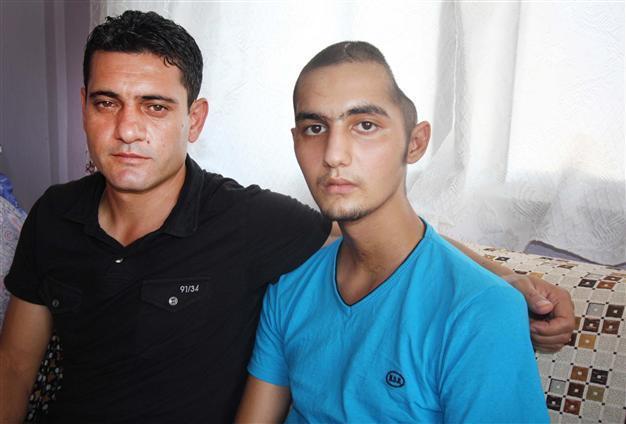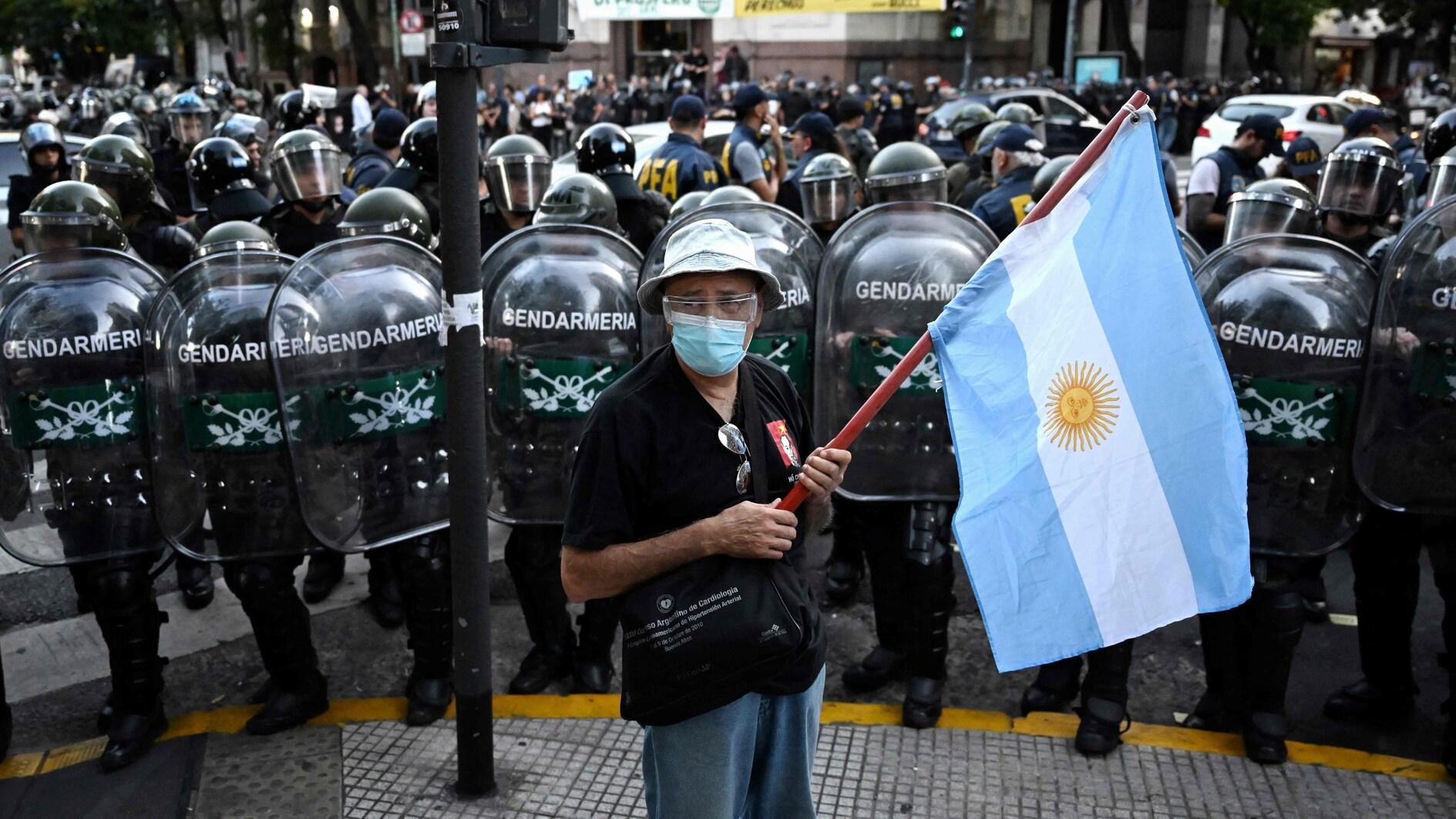Five minors sentenced to three months in prison for joining Gezi protests
İZMİR

One of the convicted teenagers is 17-year-old Mustafa Ali Tonbul, whose skull was damaged due to the impact of a tear gas canister, but recovered after several surgeries.
Five teenagers under the age of 18 have been sentenced to three months in prison by a Children’s Court for setting up tents during last year’s Gezi protests in the Aegean town of İzmir.The court converted four of the teenagers’ prison sentences to a fine of 2,000 Turkish Liras, putting them under judicial control for three years. However, it refused to do so for another teenager, who unlike the others, will have to serve the three months and 10 day sentence.
The five teenagers, between 15 and 18, were among the crowd who had installed tents at the centric Gündoğdu Square in early June 2013, to show support to protestors in Istanbul braving police violence as they demonstrated against the redevelopment of Gezi Park.
The court acquitted them from charges of resisting police officers but found them guilty of “participating in illegal demonstrations and resisting dispersal despite warnings and the use of force by public order officials.”
The lawyer representing the teenagers, Dinçer Çalım, slammed the ruling, arguing the demonstrations in İzmir were peaceful and in line with the provisions for freedom of assembly in the European Convention of Human Rights.
But the court ruled that because the teenagers did not leave the protest despite police intervention constituted as an offense, describing them as “children dragged into crime.”
One of the convicted teenagers is 17-year-old Mustafa Ali Tonbul, whose skull was damaged due to the impact of a tear gas canister, but recovered after several surgeries. Tonbul was deeply affected by the injuries, becoming epileptic and still has difficulty speaking.
His father slammed the decision as an attempt of “intimidation.” “On the other hand, my son has been injured by the state’s fault, but no trial has been opened for that yet,” Mehmet Tonbul said.
The family had filed a complaint demanding an investigation into the police attack that caused permanent injuries to Tonbul.
The teenager was among the four whose prison sentence was changed into a fine and postponed for three years on the condition of not committing the same “offense.”
Turkish courts have given out contradictory rulings regarding similar cases. Many courts acquitted protestors who had been charged of participating in illegal demonstrations on the grounds that they had used their right to free expression and assembly. But other cases saw convictions and appeals, despite lawyers claiming the lack of evidence about the use of violence by protesters.
The most memorable case pertains to 21-year-old Ayşe Deniz Karacagil, who became known as “the girl with the red foulard” as prosecutors linked the color of her scarf with being affiliated to leftist groups.
Karacagil, who remained in custody pending trial for four months, and four of her friends are facing between 24 and 98 years in prison for being “members of a terrorist organization,” “opposing the Assembly Law” and “resisting law enforcement officers.”
Karacagil eventually joined the outlawed Kurdistan Workers’ Party (PKK) after meeting with militants in a high security prison cell, her family announced, slamming the Turkish state for such oppression.
















